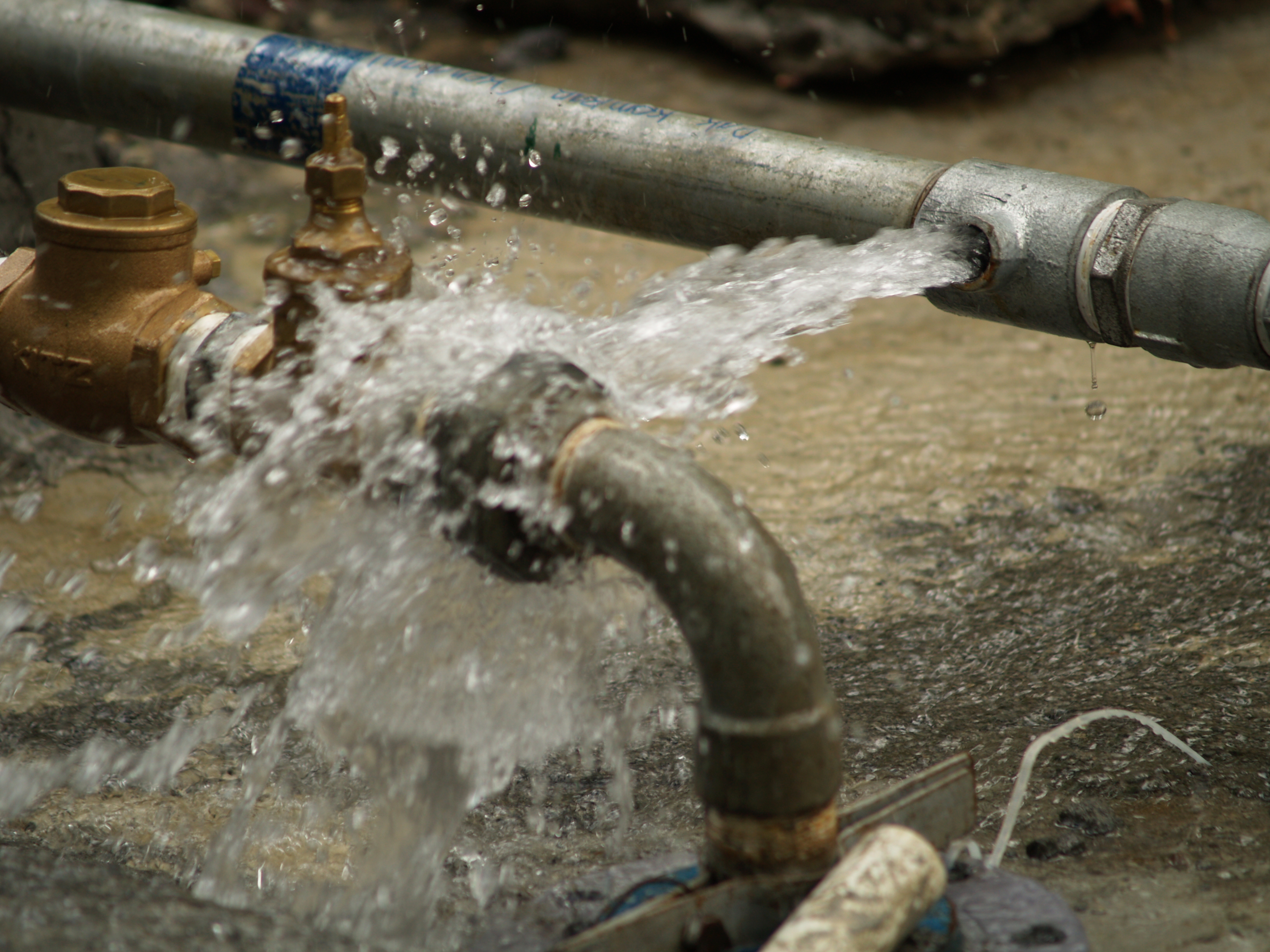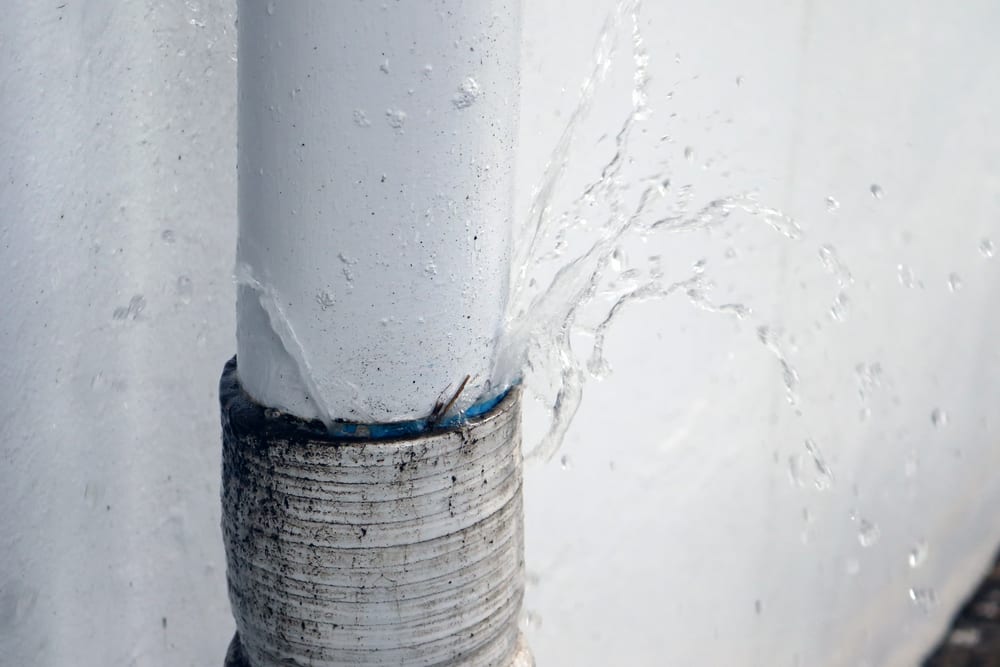Handling Flood Damage After a Water Pipe Burst - Step-by-Step Instructions
Handling Flood Damage After a Water Pipe Burst - Step-by-Step Instructions
Blog Article
Right here down the page you'll find more professional additional info pertaining to Do s And Don ts For Homeowners Managing With Water Damage.

What should you do if a water pipe ruptureds in your residence? The longer you wait, the extra extreme the damage that can happen to your property. For these reasons, you need to learn exactly how to act in the event of a burst water pipe.
Turn off the Key Waterline Valve
Look for the local shut-off valve to transform off the water in one specific area only. If you do not know where the localized shut-off valve is, go for the primary water line shutoff and turn it off. Usually, the main valve is found outside the house next to the water meter.
Call Water Damage Reconstruction Pros for Aid
After closing the water source, call the professionals for assistance. This scenario is not something you can do some DIY due to the fact that the pipelines needed to be repaired and also there is a requirement to attend to the various other problems to your building. If you can not cope, look for assistance from a trusted firm using 24/7 emergency solutions. With their specialist aid, you can prevent much bigger water damages including deformed walls, loosened ceramic tiles, or damaged frameworks. Don't take this problem gently as well as look for expert guidance for your full satisfaction as well as a credible option.
Paper the Damage For Insurance policy
While you're waiting for the pros to get here, get some documents of the damage caused by the errant pipeline. Do close-up shots of the damaged valuables and spots.
Recover Things That Can Be Saved
Examine the damaged products and take out the most vital ones from the pile as soon as you're done taking images. Dry them off in a dry/warm place away from the broken location as well as attempt to preserve them as long as you can. Drag as much wetness as you can to the product so it can begin to dry out.
Start the Drying Refine
You need to start the drying out procedure as soon as possible. Fortunately, the water from your waterlines is currently tidy so you do not need to fret about sewage system water. The moving water may have disturbed the dust as well as particles in your rugs and floorboards. In this situation, placed some gloves on and also begin some damage control. Use pails to dump out the water. Remove as much water as you can from the surfaces with old towels. Activate an electric follower or open your home windows to advertise air blood circulation. These steps will certainly hasten to dry as well as hinder mold and mildew and also mildew growth.
Experts are the only people qualified to examine appropriately as well as deal with the burs pipelines and succeeding damages. As constantly, pipes do not just suddenly break out of the blue. They usually give quiet red flags like gurgling paint, water discolorations. Weird noises in the plumbing, caving ceiling, stuffy smell, or peeling off wallpaper. Keep in mind of these indications and do some safety nets so you can nip any kind of issues in the bud.
What should you do if a water pipe bursts in your residence? For these factors, you need to discover just how to act in the event of a ruptured water pipe. After shutting the water resource, call the experts for aid. With their expert aid, you can avoid a lot bigger water damages consisting of deformed baseboards, loose floor tiles, or harmed frameworks. Thankfully, the water from your waterlines is currently clean so you do not have to worry concerning sewage system water.
Water Pipe Burst: Steps You Need to Take Now
Freezing Temperatures
If you live in a climate where temperatures drop below freezing, be aware of the heightened potential for pipe problems.
When temperatures drop, the water inside your pipes may turn to ice. As more water trickles in, the frozen area grows and the frozen water expands.
Over time, the pressure may be too much. Bonds in the pipe weaken and cracks form. When the ice finally melts, the temperature change can shatter both the ice and the surrounding pipe. If the pressure is strong enough, the pipe bursts.
Rust and Corrosion
Corrosion is another common cause of burst pipes. Rust and corrosion build up inside pipes, especially in older homes and in areas where water has a high iron content.
Over time, the corrosion weakens pipes, leading to an increased chance of a burst. Steel pipes are especially susceptible to rust.
To prevent rust and corrosion, replace steel pipes with plastic or copper. These types of pipes tend to resist corrosion longer.
Tree Roots
When trees around your home grow taller, their roots grow downward and outward, too. Sometimes, roots come in contact with water pipes.
In a battle between tree roots and pipes, the roots usually win. As roots continue to grow and press against the pipes, the pipes crack, leading to leaks.
To keep roots from encroaching, be sure to plant trees far from your water pipes. Choose slow-growing tree varieties that have small root balls.
If trees are already encroaching, you may try to add a physical or chemical barrier to prevent roots from accessing pipes.
Clogs
You already know that clogs can back up your sink and shower drains. But did you know that they can lead to burst pipes, too? A clog can cause water pressure to build up behind it, especially if it s deep within the system.
That s why it s important to be mindful of what gets poured down the drain, goes into the garbage disposal, and flushed down the toilet. Limiting drains to water and approved materials can help prevent deep clogs.
What Happens When a Water Pipe Bursts?
Speaking of water damage, what happens after a water pipe burst? The bad news is that, if left unrepaired for too long, a burst pipe can result in serious damage to your home.
First, there s mold growth. After just three days, mold and mildew can start to grow. Mold loves dampness; if the water sits too long or areas don t get thoroughly dry, mold can take over.
Mold exposure has been linked to respiratory problems. It s especially bad for those with allergies or asthma, as it can exacerbate both issues.
If you want to sell your home, mold can really throw a wrench in your plans. It s important to prevent the growth of this toxic substance.

Hopefully you enjoyed our post on What To Do And What Not To Do When Dealing With Water Damage. Thanks a lot for finding the time to browse our short article. For those who enjoyed reading our article plz make sure you remember to share it. Thank you so much for taking the time to read it.
Professional approach assured. Report this page